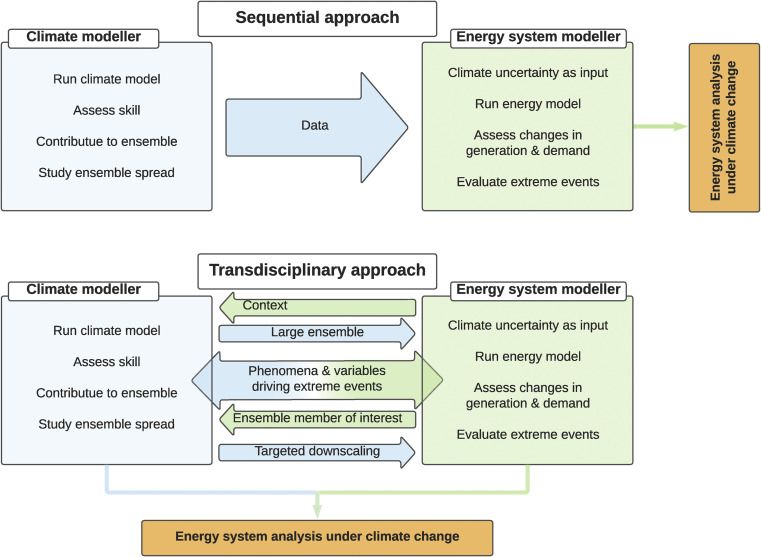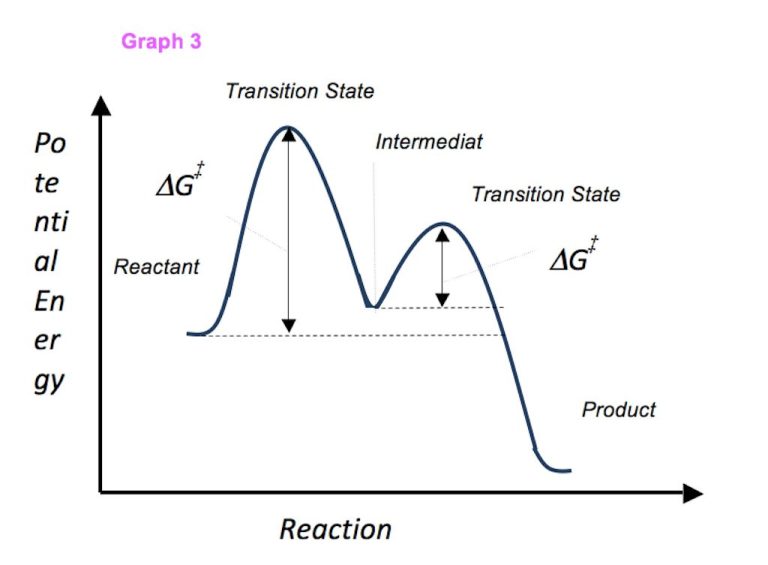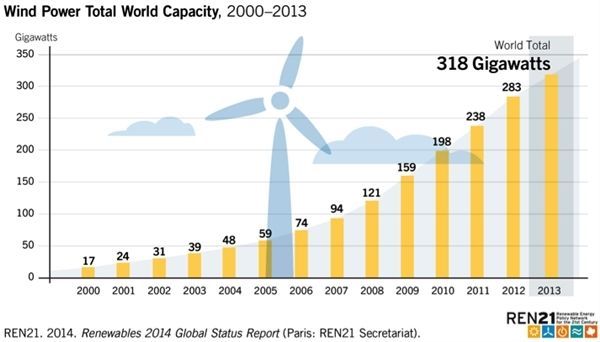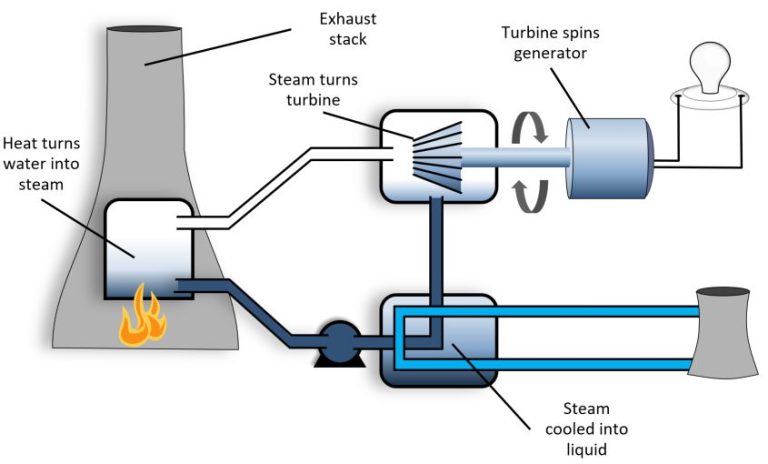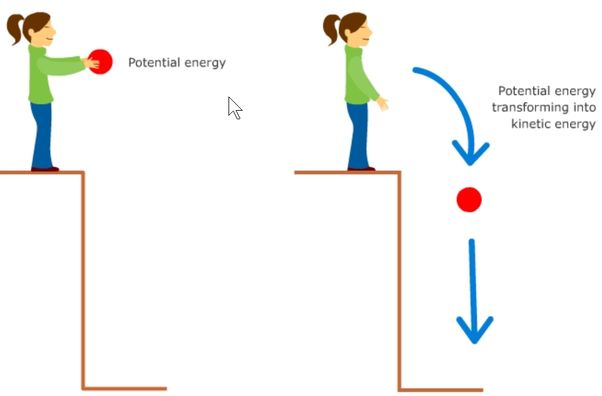Should I Become An Electrician Or Electrical Engineer?
You’re facing a big decision between becoming an electrician or an electrical engineer. Both careers involve working with electrical systems, but they take very different paths. Electricians do hands-on installation and repair, while engineers design and oversee complex projects. Choosing between the two depends on your interests, goals, and appetite for advanced education. This guide will examine key differences in job duties, training, work settings, advancement, job outlook, and pay to help you decide which profession may be the better fit. With insight into each career path, you’ll be able to make an informed choice to find the more rewarding and lucrative electrical occupation for you.
Job Duties
Electricians and electrical engineers both work with electrical systems, but their day-to-day duties differ significantly.
Electricians are hands-on workers who install, maintain and repair electrical power, communications, lighting, and control systems. Their daily tasks typically include:
- Reading blueprints and technical diagrams
- Running, bending, and installing electrical conduit
- Installing, replacing, and repairing wiring, switches, sockets, and other electrical components
- Testing continuity of circuits using multimeters and other devices
- Ensuring compliance with national and local building and electrical codes
- Identifying electrical problems and hazards
Electrical engineers design, develop, test and supervise the manufacturing of electrical equipment. Their daily work often consists of:
- Designing new electronic components, software, products or systems
- Performing analysis and calculations for product design
- Drawing up blueprints, schematics, technical drawings and plans
- Estimating costs and project timelines for electrical systems
- Conducting research and developing new products or processes
- Directing installation, manufacturing, testing and maintenance
- Ensuring products meet quality standards, regulations and client needs
In summary, electricians primarily do hands-on installation and repair work, while engineers focus more on design, testing and oversight responsibilities.
Education Required
The education required for electricians and electrical engineers differs significantly. Electricians typically complete a 4-5 year apprenticeship program to gain the on-the-job training and technical instruction needed for the career. Apprenticeships provide a mix of classroom learning and hands-on experience under the supervision of a licensed electrician. Common apprenticeship programs include high school or postsecondary classes in math, electronics, electrical code requirements, safety protocols, and more. Apprenticeships culminate in a licensing exam.
In contrast, electrical engineers typically complete a 4-year bachelor’s degree in electrical engineering or electrical engineering technology. Coursework includes classes in math, physics, engineering principles, and electrical theory. Some electrical engineering roles may require a master’s degree or doctorate level education. Aspiring engineers who want to gain licensure as a Professional Engineer (PE) also need to pass the PE exam after meeting education and experience requirements.
In summary, electricians enter the workforce more quickly through apprenticeship programs, while electrical engineers invest more upfront time in university studies but can access more advanced engineering careers.
Licensing
To work as a licensed electrician, you will need to complete an apprenticeship program and pass your state’s licensing exam. Most states require electricians to have a license to work independently. The licensing exam covers the National Electrical Code, electrical theory, and local electrical codes. The licensing process typically takes 4-5 years of combined on-the-job training through an apprenticeship and technical education.
For electrical engineers, there are no state licensing requirements to practice as an electrical engineer. However, obtaining a Professional Engineer (PE) license allows for more career advancement opportunities. To obtain a PE license, engineers must pass two exams – the Fundamentals of Engineering (FE) exam after graduating from an engineering program, and the PE exam after working under a licensed engineer for about 4 years. The PE license is not required for entry-level electrical engineering jobs. However, having a PE allows for greater professional independence, the ability to sign/seal engineering plans, and consulting work.
Work Environment
Electricians typically work in a variety of settings, both indoors and outdoors. They may work in people’s homes, in commercial buildings, or at construction sites wiring new buildings and houses. Electricians have to be comfortable working in cramped spaces and may have to stand for long periods, lift heavy objects, and perform physically demanding tasks. The work can be dangerous at times, with risk of electric shocks or falls. Most electricians work full time, and overtime and evening or weekend work is common. The work is often done alone, although experienced electricians may work in pairs or with apprentices.
Electrical engineers work primarily in office settings, such as research laboratories and commercial office buildings. Engineers may occasionally visit construction sites or industrial facilities to observe their designs being implemented. Most electrical engineers work full time, and working more than 40 hours per week to meet deadlines is common. However, electrical engineers tend to have more standard weekday hours than electricians. The environment is usually clean, comfortable, and not physically demanding like electrician work. Some travel may be required to meet with clients or oversee projects.

Career Advancement
Electrical engineers have many opportunities to advance in their careers into management or senior engineering roles. As they gain more experience, they may advance to become project managers, overseeing teams working on major initiatives. Some electrical engineers also move into executive leadership positions, like Chief Technology Officer. With additional education, electrical engineers can also become professors teaching engineering at colleges and universities.
Electricians also have room for career growth. As they gain more experience working on different types of electrical systems, they can obtain master electrician certification. This allows them to supervise teams and manage large-scale projects. Some electricians open their own contracting businesses after several years of work, allowing them to set their own schedules and have more control over the types of jobs they take on. Overall, both electrical engineers and electricians have good potential for increasing their responsibilities and pay over the course of their careers.
Job Outlook and Growth
The job outlook for both electricians and electrical engineers is strong. The Bureau of Labor Statistics projects 7% job growth for electricians between 2020-2030, adding around 47,900 new jobs. This growth is driven by new building construction, renovation and retrofitting projects, infrastructure improvements, and growing demand for energy efficient electrical systems. As the population grows and construction activity expands, electricians should continue seeing steady demand.
Electrical engineers are projected to see 3% job growth from 2020 to 2030, adding around 8,300 new jobs. While slower than average growth compared to other occupations, it is still considered a healthy rate. The need for electrical engineers will stem from various emerging fields such as biomedical engineering, renewable energy, and robotics. Advancements in areas like smart grids, autonomous vehicles, solar energy, and new consumer electronics will also drive demand. Overall, the outlook is positive for qualified candidates in both occupations.
Earnings Potential
When it comes to salary, electrical engineers tend to earn more than electricians. According to the Bureau of Labor Statistics, the median annual wage for electrical engineers in 2021 was $103,390. The top 10% earned over $154,950 per year. In comparison, electricians had a median annual salary of $56,900 in 2021. The top 10% of electricians earned $98,720 or more.
Electrical engineers generally earn among the highest salaries of all engineering occupations. With experience and expertise, six-figure salaries are common. Their advanced technical knowledge and skills are highly valued. However, earning potential can vary based on factors like education, certifications, specialization, and geographic region.
For electricians, pay typically starts lower but can increase steadily with experience. Licensed master electricians who own their own contracting business have the highest earning potential. Those working in physically demanding industrial settings also tend to earn more. Overtime pay can significantly increase electricians’ earnings as well.
While electrical engineers typically earn higher salaries, both careers offer strong earning potential over the long term. Choosing between the two careers will depend more on your interests, aptitudes, and professional goals rather than salary alone.
Work-Life Balance
Work-life balance can vary quite a bit between careers as an electrician versus electrical engineer.
Electricians often work full-time schedules of 40 hours per week, though overtime may be required to meet deadlines. Their schedules may include evening and weekend work, as electrical work in occupied buildings often needs to take place outside of regular business hours. As a trade job, there is little flexibility to work remotely. The work is physically demanding, requiring electricians to be on their feet and active throughout the day.
Electrical engineers tend to work standard office hour schedules of 40 hours per week. Some overtime may occur, but is less common than in the electrician field. Engineers enjoy more flexibility, with some able to work remotely or on flexible schedules. The work does not require the same level of physical activity, with more time spent at a computer workstation.
Overall, electrical engineers tend to have more traditional Monday to Friday schedules and greater work-life balance. Electricians’ schedules can fluctuate more depending on workload demands, and require greater physical exertion. However, both careers offer solid middle-class incomes and job stability.
Conclusion
When deciding between becoming an electrician or electrical engineer, it’s important to consider your interests, skills, education goals, and career aspirations.
Electricians perform hands-on work installing and maintaining electrical systems. They enjoy physical, practical work, have good spatial skills, and value earning an income right after high school or technical training. Electricians have a clear path to gain experience and advance from apprentice to journeyman to master electrician.
Electrical engineers use math and science skills to design, develop, test and improve electrical systems and equipment. They are strong problem-solvers who excel in math and science and enjoy designing solutions. Becoming an engineer requires a four-year engineering degree and possibly graduate level education for the best job prospects and highest salaries.
For those seeking lots of hands-on work without advanced education, becoming a licensed electrician can be very rewarding. Individuals who enjoy math and science and are willing to complete many years of college will be well-suited for a career advancing innovations as an electrical engineer. Carefully assessing your interests, abilities and career goals will help determine which of these promising electrical fields is the best fit.

